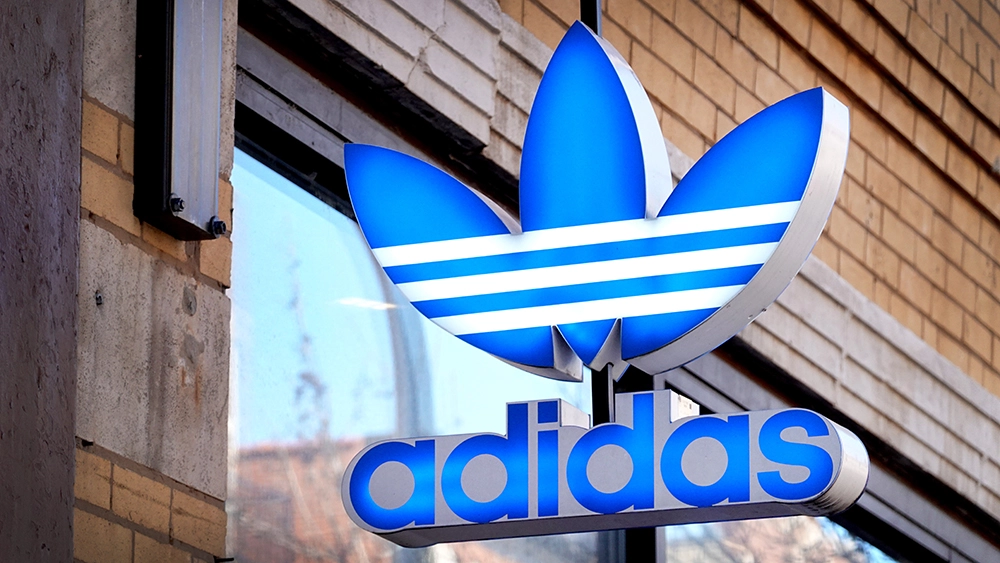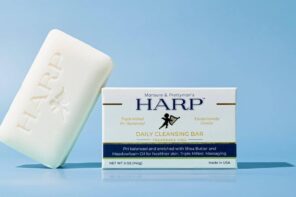Adidas has long been one of the leading names in the world of athletic footwear, and its partnership with Kanye West’s Yeezy brand has only added to its success. However, with every successful product launch comes the risk of unsold inventory, and Adidas has found a creative solution for dealing with excess Yeezy sneakers.
According to a recent report by Fast Company, Adidas has partnered with a company called Stuffstr to launch a new program that will allow customers to easily resell their Yeezy sneakers back to the company. This program, called the Adidas Buyback Program, is aimed at reducing waste and promoting sustainability by giving consumers an easy way to dispose of their unwanted Yeezy sneakers.
The Adidas Buyback Program is designed to be as simple and convenient as possible for customers. When a customer decides they no longer want their Yeezy sneakers, they can simply take them to a participating Adidas store and trade them in for a store credit. The value of the credit will depend on the condition of the sneakers, but customers can expect to receive up to 50% of the original purchase price.
Once the sneakers are returned to Adidas, they will be thoroughly inspected and either refurbished or recycled. If the sneakers are still in good condition, they will be cleaned, restored, and sold again as “Certified Refurbished” products. If the sneakers are too damaged to be resold, they will be sent to Adidas’ recycling partner, which will break down the materials and repurpose them for use in new products.
The Adidas Buyback Program is not only good for the environment, but it’s also a smart business move for the company. By giving customers an easy way to dispose of their unwanted sneakers, Adidas is able to reduce the amount of waste it generates and minimize the risk of excess inventory. It’s also a great way to keep customers engaged and loyal, as they know they can always trade in their Yeezy sneakers for a store credit.
This program is just one of many initiatives that Adidas has launched in recent years to promote sustainability and reduce its environmental impact. The company has set a goal to use only recycled polyester in all its products by 2024, and it has also committed to reducing its carbon footprint by 30% by 2030.





